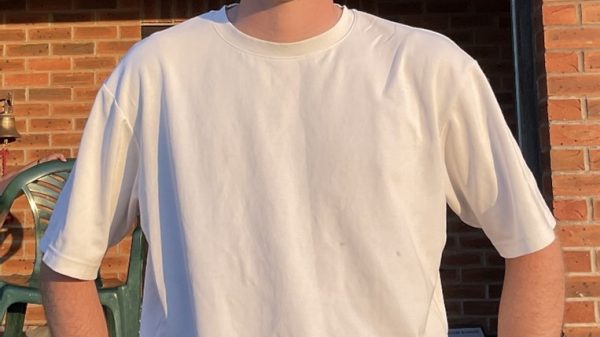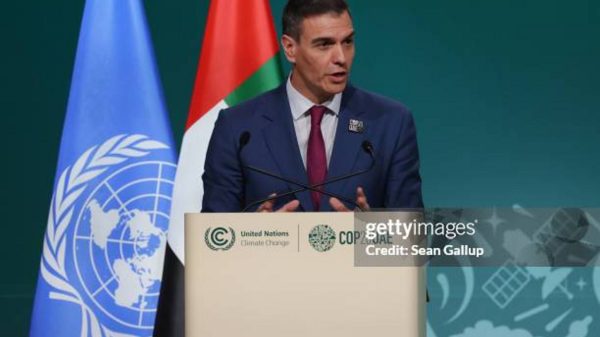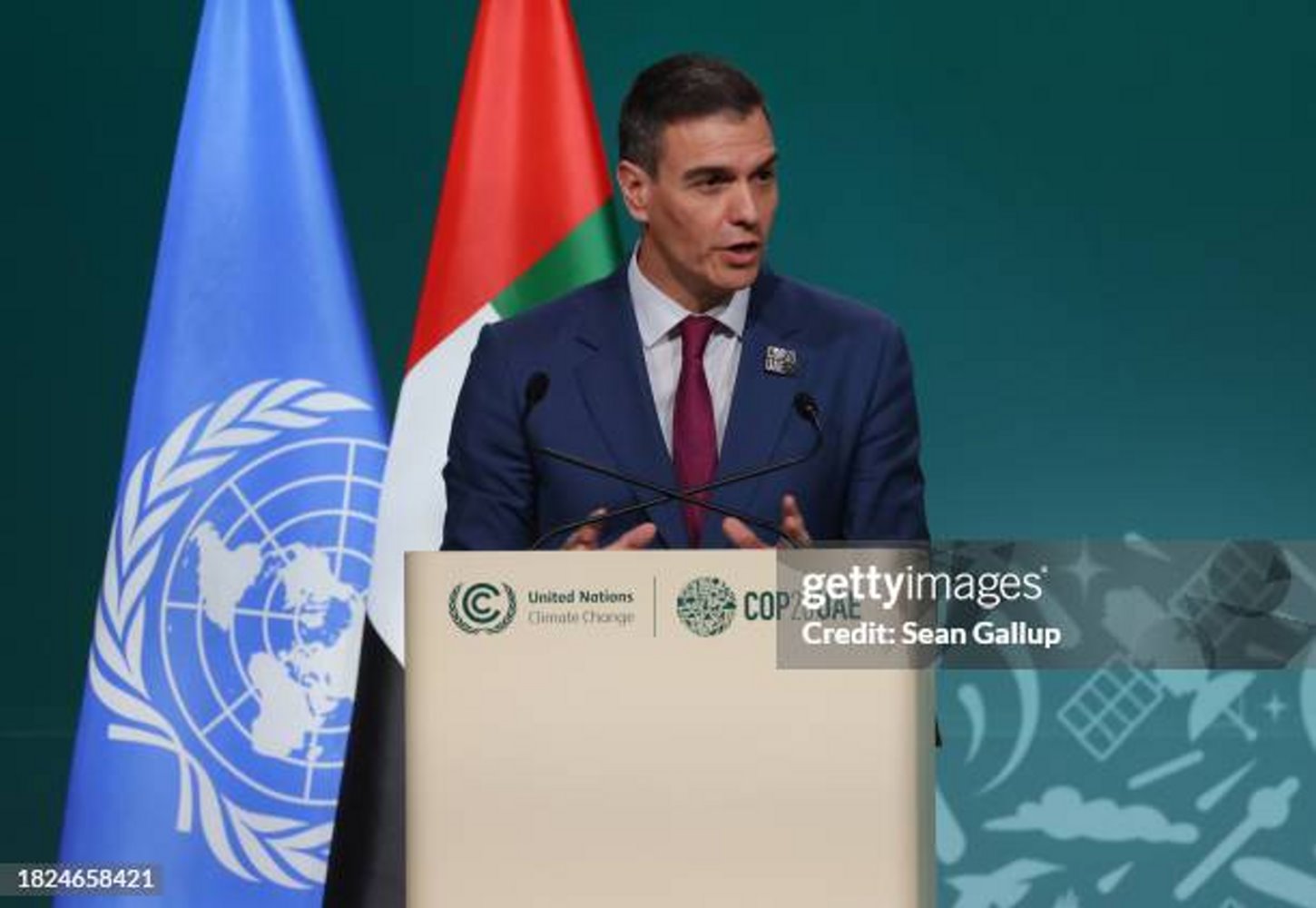Divisions are widening within the European Commission and among EU Member States over a contentious proposal to introduce new EU-wide excise taxes on alternative nicotine products, such as vapes and nicotine pouches.
On Tuesday 6 May, during an official breakfast with FISC Committee Coordinators and Members in Strasbourg, Commissioner for Climate Action Hoekstra, revealed he will table the revision of the Tobacco Excise Directive (TED) before summer. According to sources present at the meeting, he aims to increase the minimum rates and expand the scope of the current proposal beyond traditional cigarettes to new alternative tobacco and nicotine products. The plan, spearheaded by is already provoking irritation in national capitals and concern among public health advocates.
The Commission’s proposal aims to establish minimum tax levels for e-liquids and oral nicotine pouches across the bloc, in some cases effectively doubling the retail price. Critics argue that this would disproportionately affect lower-income citizens and undermine harm-reduction strategies at a time when traditional smoking remains one of Europe’s leading causes of preventable death.
Several southern Member States, reportedly including Greece, Italy, and Romania, are said to be broadly supportive of harmonising tax levels, seeing it as a potential revenue source and a way to standardise regulation across the single market. But others — particularly in Eastern and Central Europe — are pushing back. Countries such as Bulgaria, Czechia, Malta, and Croatia have voiced concerns that such measures could disrupt domestic policy flexibility and penalise citizens seeking safer alternatives to cigarettes.
The tax proposal comes at a politically delicate moment for the European Commission, which is still reeling from internal disputes over green transition policies and broader debates on the cost-of-living crisis. The idea of pushing through a tax increase on products that many public health experts view as tools for smoking cessation has led to frustration among some EU officials.
Public health experts have warned that equating vapes and nicotine pouches with combustible tobacco could be counterproductive. They argue that while regulation is necessary to protect youth and prevent abuse, excessively taxing reduced-risk products may incentivise smokers to return to or remain with more harmful traditional cigarettes.
Within the European Parliament, some MEPs have also expressed unease over the Commission’s rapid timeline and the lack of broader consultation. Critics accuse Hoekstra of pursuing a “fiscal-first” approach that risks sidelining evidence-based health policy in favour of budgetary considerations.
“Europe should be leading with science, not politics,” one Brussels-based health policy advisor said. “This move risks alienating both public health advocates and citizens who are trying to quit smoking.”
Hoekstra has reportedly begun lobbying efforts to secure national backing, but time is short, and opposition appears to be hardening.























